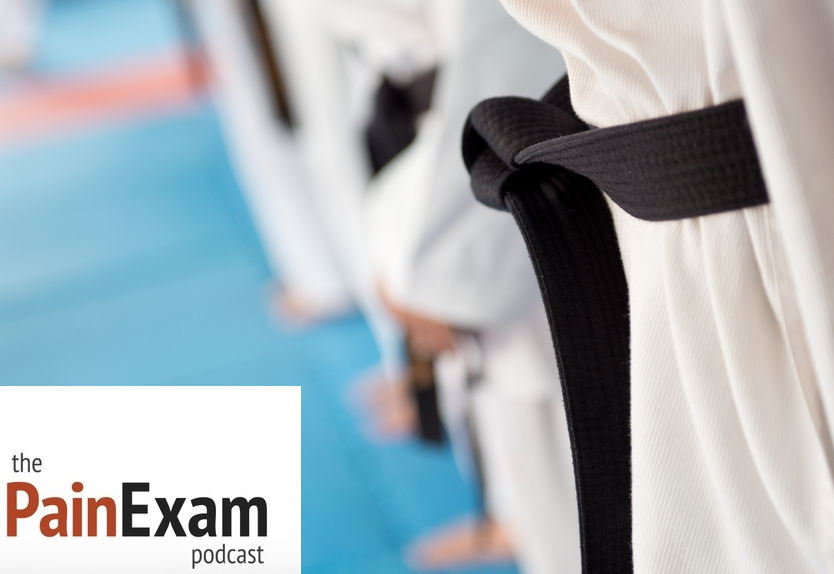Passing the Pain Boards…
Pain Management Board Certification Strategies
As a full-time interventional pain physician and anesthesiologist, I have had the fortune to run one of the top pain management board review websites for the ABPM and ABA’s certification exams. During the last 11 years, I’ve been asked many times by fellows and future examinees, how I should best prepare for the pain boards?
I spent my time a lot of my non-clinical time as a fellow, and then as a young attending, creating PainExam.com, AnesthesiaExam.com, and PMRexam.com. Our pain management review website, since 2008, has become one of the number one question banks for physicians graduating top Pain Management fellowships and those attendings who are recertifying or are certifying for the first time. Our PainExamRN website offers nurses an opportunity as well to learn pain management at a level on par with the physicians. It offers the tools, so that they may function at a high level in the pain office an in the hospital.
My Board Prep…

I never purchased any question books or online pain reviews. I never went to any weekend Board Review Courses in Pain management like the Dannemiller (I know probably should not mention my competitor, but I don’t offer a weekend course yet, so what the hell).
Instead, I spent hours and hours, days, months, and now years sifting through clinical trials, pain management review articles, analgesic drug package inserts and other relevant materials to create the best multiple-choice questions, podcasts, lectures and videos to facilitate the process of learning in our ever-changing specialty, which in my opinion is truly an art form. Other valuable resources include anectodal office experiences, as well as consensus statements from the ABA, ABPM, ABPMR, ASA, ASIPP, ASRA, and more. Oh and when i said art form, it truly is, see Cervical Facet Plane Block and Suprascapular Nerve Block for cervical radiculitis.
Two years ago, I sat for the Pain Management recertification exam. That same year, I also took the anesthesiology recertification exam. This was all before the MOCA minute. At this point in my career, I was mainly doing pain management. My anesthesiology craft was limited to sedation for pain procedures. I expected the Pain Management exam to be quite easy compared to the Anesthesiology recertification exam. After all, I am that guy who helped over 2000 pain doctors get certified.
To my surprise, the pain management recertification exam more difficult. Way more difficult. The anesthesiology recertification exam was quite simple. Go figure.
Pain Boards Difficulty?
Why would the recertification exam in pain management given by the ABA be so difficult? I considered myself a Black Belt in Pain Management, yet the exam was still hard.

Well, as you could imagine, pain management is a very large field. We don’t appreciate this when 90% of our office time is filled with spine patients and osteoarthritis. Remember, anything that causes or is a consequence of pain is a fair game. Psychology, psychiatry, physiatry, orthopedics, neurology, radiology, anesthesiology, infectious disease, endocrinology, genetic diseases are all relevant. We even have a significant legal and regulatory component on our exams.
When considering what to tell young pain physicians, who are worried about failing the Pain Boards, I recommend consuming all of the keyword-based materials available. Podcasts such as The PainExam Podcast, really give an overview of what’s relevant for your board examination, and in your careers as a professional who treats pain.
I enjoy feedback from my audience, question bank users and am always looking to learn new things. The truth is, I really don’t know everything.
After you use PainExam to pass your boards, please keep in touch. I always enjoy feedback and make corrections when necessary. Our field is always evolving and the material does change from time to time.
Sincerely,
David Rosenblum, MD

